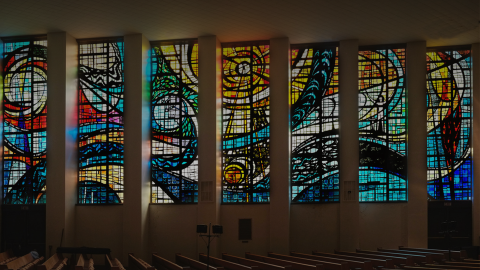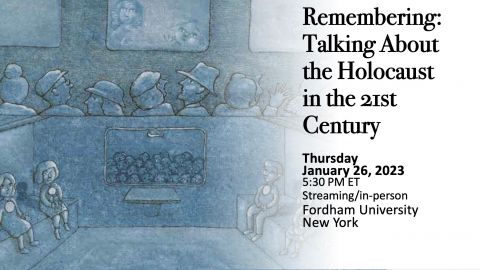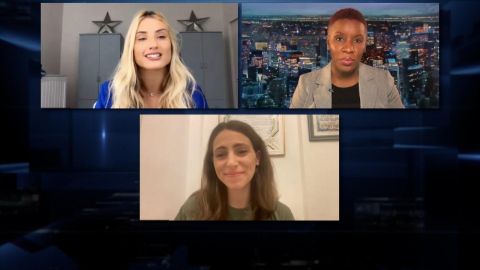CJ Hunt:
I moved to New Orleans in 2007 as a teacher, but most of my career by 2015 had become around creating satire, you know, trying to make comedy. And for me, comedy is always motivated by anger or like what is driving me crazy. And in 2015, the thing driving me crazy was in the wake of the Charleston massacre, all this in your face, white supremacist violence related to the Confederacy. Still, so many folks wanted to say this was never about slavery. This has nothing to do with race.
One of the things I’m excited about in this film is what it might mean for teachers and students, because it’s heavily, it’s really based on documents. So I know not a lot of students are like, who wants to get hyped for primary sources? But for this film, you know, we try to make those come to light. And in these documents that the Confederacy wrote that founded the Confederacy before the war, they’re really out on Front Street saying, you know, we are firmly identified with the institution of slavery. Louisiana looks to the formation of a southern confederacy to preserve slavery and then they backtrack. All these weird arguments of it wasn’t about slavery, it was about states’ rights. Slavery wasn’t that bad. Those come from somewhere and those come from the most effective propaganda campaign that has ever been waged in American history. Second to Columbus discovered America. That’s number one. It wasn’t about slavery, number two.
As a former theater boy, I love costumes and bonding with a cast of dedicated performers, which makes a Civil War reenactment unexpectedly fun. Until, of course, you start talking about anything besides the costumes.
My bloodline, I could be the Grand Imperial Cyclops, whatever the hell you want to say of the KKK.
Are you? You have to tell me if you are.
I don’t know.
The whole thing about the civil war is in a nutshell, is this: the war actually started, it wasn’t because of slavery.



